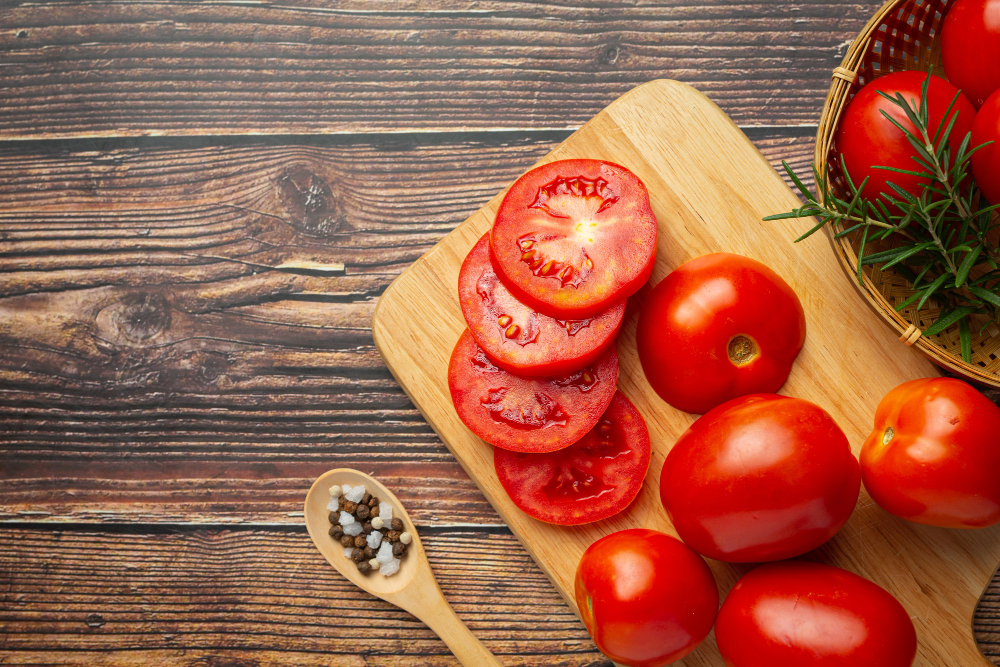
Lycopene is a powerful antioxidant carotenoid that is found in many fruits and vegetables. It provides the characteristic pink color to tomatoes, grapefruit, pink guava, apricots, and watermelon.
In a rare case for antioxidant compounds, it’s still effective when heated so you can also get lycopene from processed foods like tomato sauce and ketchup.
The Benefits of Lycopene
Antioxidant Content
Lycopene’s main health benefit is its antioxidant content.
Antioxidants pair with and neutralize the free radicals in our bodies. Excessive free radicals can cause inflammation and oxidative damage leading to a large number of other health conditions.
Free radicals typically accumulate with age but there are other factors like pollution, poor diet, and behavioral factors like smoking that could increase the amount of free radicals in one’s body. As a result, the protective effect of antioxidants such as in lycopene cannot be understated and one can easily understand why these can be referred to as “anti-aging” compounds.
Heart Health
Lycopene has multiple beneficial properties when it comes to heart health mostly stemming from its ability to reduce serum cholesterol levels and its anti-clotting properties. This is important because cholesterol can develop into fatty deposits in our blood vessels, which can clot and lead to a heart attack. This meta-analysis found respondents who took dosages of more than 25 milligrams of lycopene per day saw a 10% reduction in LDL cholesterol levels.
As one might expect, epidemiological studies show those who had a high consumption of tomatoes or tomato products experienced a reduced risk of cardiovascular disease.
Studies also show a correlation between lycopene and a significantly decreased risk of stroke. In a large-scale study with over 100,000 participants, lycopene was associated with a 19.3% decrease in the risk of stroke.
Eye Health
Lycopene as an antioxidant is one of the most important nutrients for eye health and has shown significant effects in preventing or delaying two major age-related eye conditions.
Cataracts are a clouding of the normally clear lens of the eye that patients describe as like looking through a foggy window. In vitro animal studies have shown lycopene as having some benefit in the delay of cataracts onset with one particular study where there was a lycopene-supplemented group and a control group, mature cataracts only developed in 35% of the lycopene group as opposed to 100% in the control group.
The other major age-related eye condition lycopene may show promising effects against is macular degeneration. This is a condition where fatty deposits accumulate under the retina causing a slow loss of vision for which there is no cure. Finding clean data is difficult, but current data show some association between low levels of lycopene with an onset of macular degeneration. While far from conclusive, some can draw a relationship between the two.
Brain Health
Life isn’t possible at all without the brain. Every function in the body relies on it in some way so the importance of protecting your brain cannot be understated. In observational animal studies, lycopene was shown to have neuroprotective effects by mitigating oxidative stress, suppressing the production of inflammatory cytokines, and slowing the accumulation of damaging plaques.
As a result, it’s thought that lycopene can help to maintain better brain function over the course of our lives. Add tomatoes to your list of brain foods!
Bone Health
It might surprise you to find out that antioxidants have a strong role in our bone health but it’s true. Diets rich in antioxidant-rich fruits and vegetables have an association with stronger, healthier bones. Additionally, fruits and vegetables provide lots of healthy vitamins and minerals.
Studies on men and women have shown that those who get 5 or more servings of fruits and vegetables per day were at a decreased risk of fracture and showed higher bone mineral density and bone mineral content scores.
Male Fertility
Perhaps one of the more unique health benefits of lycopene is its effect on male fertility. Oxidative damage that breaks down our body's major systems can also negatively affect male fertility, especially as we age.
Studies conducted on both humans and animals have shown promising signs that lycopene supplementation may help support male fertility. Lipid peroxidation and DNA damage were decreased, while sperm count and viability, and general immunity were increased.
The overall result is a reduction in damage from oxidative stress thought to protect spermatozoa. Human trials have shown that the improvement does take some time though. Studies cite increased sperm parameters and pregnancy rates with supplementation of 4–8 mg of lycopene daily for 3–12 months.
Skin Health
According to the American Institute for Cancer Research, studies were conducted on mice exposed to UVB light to measure the development of tumors among groups of mice that were fed a standard diet vs a diet that included tomatoes. The mice that were fed tomatoes showed fewer tumors developing among males and no significant difference among females.
This indicates lycopene might have some limited protective effect on the health of our skin. Eating tomatoes or taking lycopene won’t be a replacement for dressing appropriately or putting on sunscreen but it’s still interesting information of which to take note.
What is the Right Amount of Lycopene?
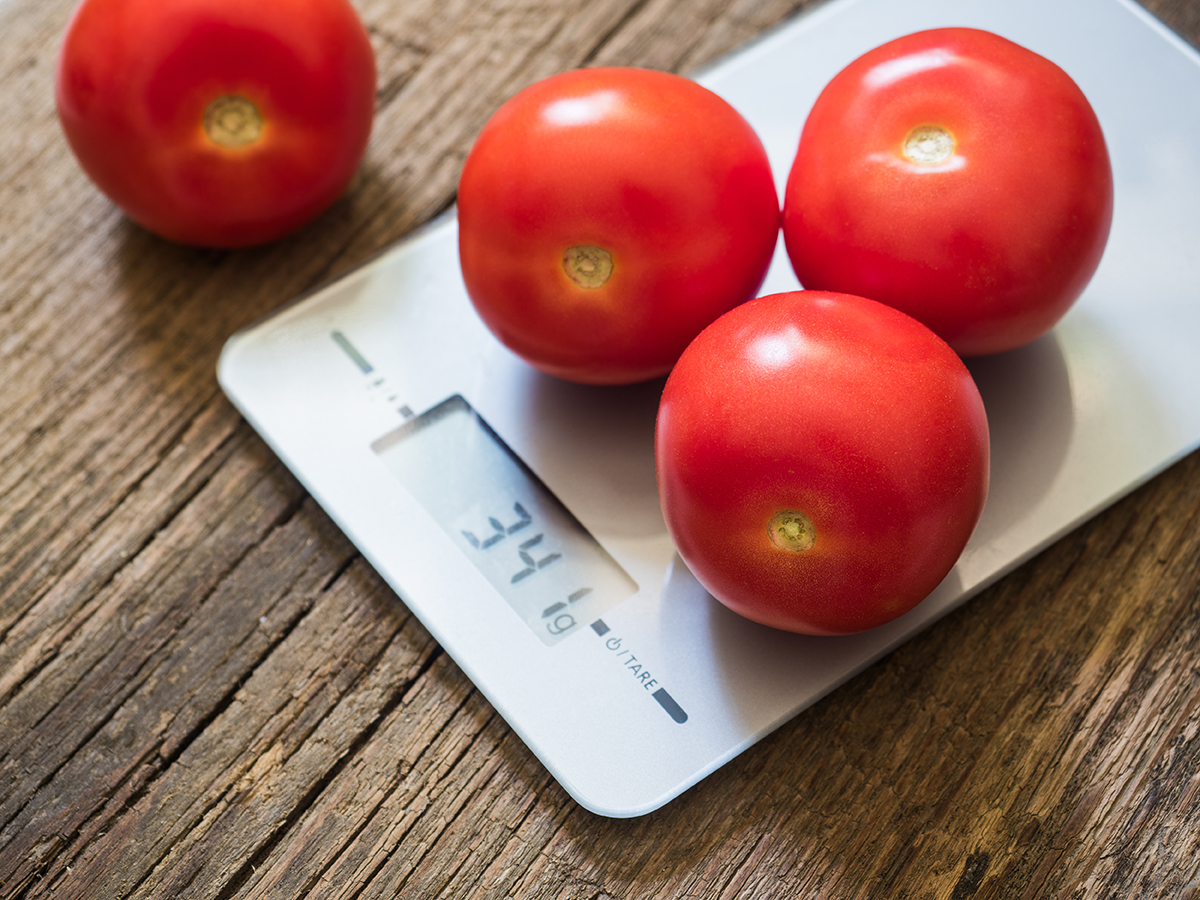
There hasn’t been enough clinical research to determine a recommended daily intake for lycopene but the most benefit has been observed among people who get between 8-21 mg per day.
Top Food Sources of Lycopene
All values are per 100-gram serving.
- Tomatoes (plain, uncooked): 3.0 mg
- Sun-dried tomatoes: 45.9 mg
- Tomato purée: 21.8 mg
- Tomato Paste: 28.0 mg
- Tomato Sauce: 8.0 mg
- Tomato Powder: 50.0 mg
- Ketchup: 16.7 mg
- Salsa: 10 mg
- Guava: 5.2 mg
- Watermelon: 4.5 mg
- Papaya: 1.8 mg
- Pink grapefruit: 1.4 mg
- Cooked sweet red peppers: 0.5 mg
- Persimmons .15 mg
Precautions
Lycopene may inhibit blood clotting as a result of the same mechanisms that help it to promote healthy circulation. As a result, it’s advised that lycopene supplementation be ceased 2 weeks before surgery.
It is also not advisable to take lycopene supplements without the discretion of your doctor if you’re taking anti-clotting medications such as blood thinners or anticoagulants. This combination can increase the risk of bleeding and bruising.
Bottom Line
Lycopene is a powerful antioxidant carotenoid that can support your health in a number of ways especially when it comes to brain, heart, and eye health. There are plenty of tomato products rich in this nutrient. For those who aren’t getting enough from their diet, we have convenient soft gels with 10 mg of tomato-derived lycopene.
This article is provided for informational purposes only and is not intended to be used as medical advice. If you have immediate concerns about your health, please seek the help of your physician.
*These statements have not been evaluated by the Food and Drug Administration. This product is not intended to diagnose, treat, cure or prevent disease.
© 2022 Best in Nature All rights reserved




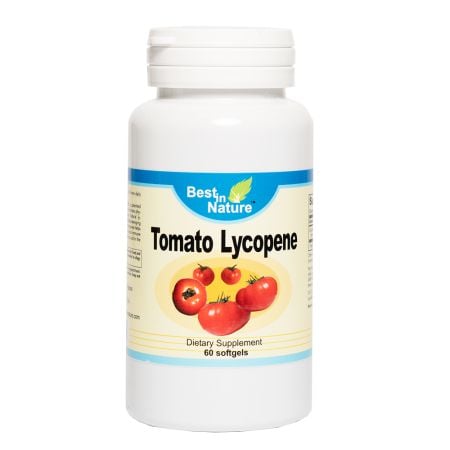
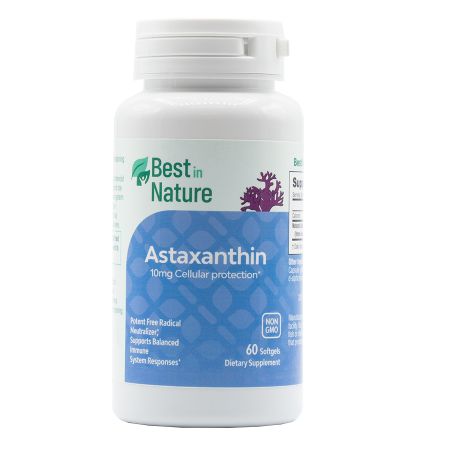
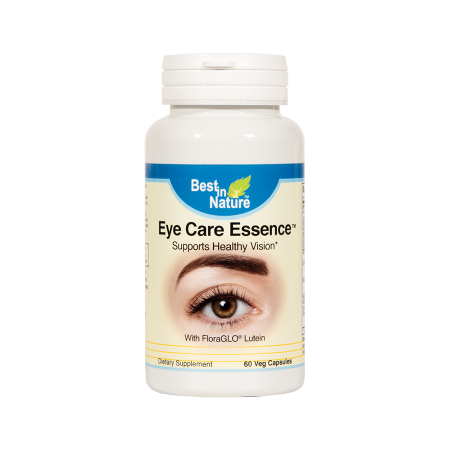
Validate your login
Sign In
Create New Account